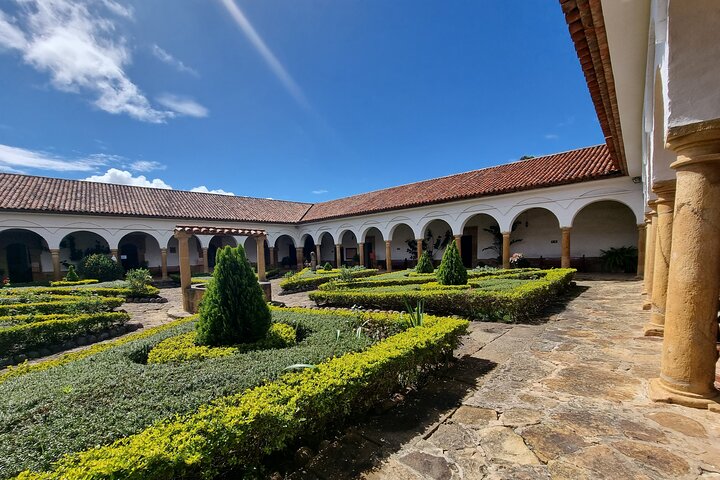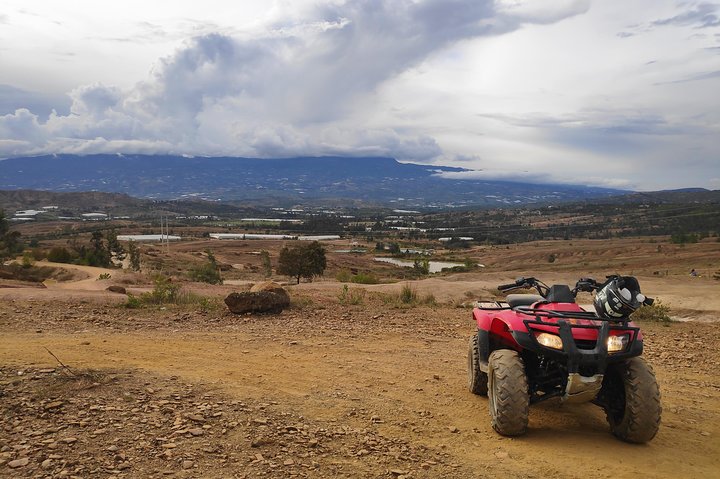
Nestled in the heart of Colombia’s Boyacá region, Villa de Leyva is a charming colonial town that offers a perfect blend of history, culture, and natural beauty. With its cobblestone streets, whitewashed buildings, and expansive central plaza, the town feels like a step back in time. One of the best ways to immerse yourself in the local culture is by taking a Historical Tour, where you can explore the town’s rich history, crafts, and natural wonders. For those who appreciate stunning architecture, a Architectural Marvel Tour from Bogota is a must, showcasing the town’s beautiful colonial buildings. Adventure seekers can embark on a 4x4 Adventure, offering a unique way to explore the surrounding landscapes with expert guides. If you prefer a more tranquil experience, the Nature Tour to Cueva Cascada El Hayal provides a serene escape into nature. Whether you’re a history buff, an architecture enthusiast, or an adventure lover, Villa de Leyva has something to offer for everyone.
Nestled in the heart of Colombia’s Boyacá region, Villa de Leyva is a charming colonial town that offers a perfect blend of history, culture, and natural beauty. With its cobblestone streets, whitewashed buildings, and expansive central plaza, the town feels like a step back in time. One of the best ways to immerse yourself in the local culture is by taking a Historical Tour, where you can explore the town’s rich history, crafts, and natural wonders. For those who appreciate stunning architecture, a Architectural Marvel Tour from Bogota is a must, showcasing the town’s beautiful colonial buildings. Adventure seekers can embark on a 4x4 Adventure, offering a unique way to explore the surrounding landscapes with expert guides. If you prefer a more tranquil experience, the Nature Tour to Cueva Cascada El Hayal provides a serene escape into nature. Whether you’re a history buff, an architecture enthusiast, or an adventure lover, Villa de Leyva has something to offer for everyone.

















































